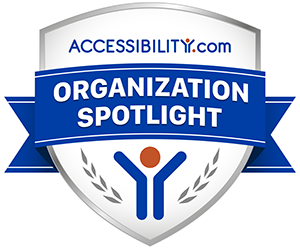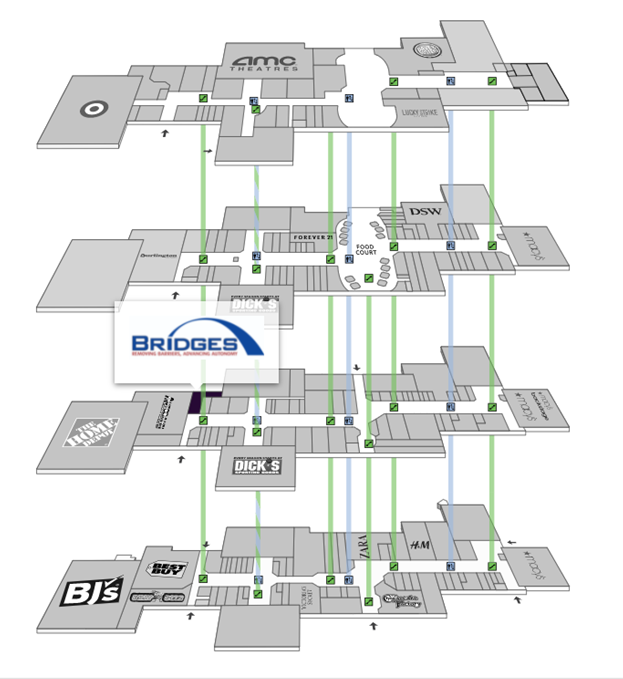
yellow diamond shaped sign *change ahead*
People who have been in institutional settings like hospitals, psychiatric units, prisons, or the military, often struggle when it’s time to leave these settings and return to the community. For people with disabilities who enter an institutional setting, it can be even harder to transition back into the community when the institution officially discharges them. The longer a person with a disability stays in any of these institutions, the more they will struggle when returning to the community unless there are proper supports put in place before they transition back. Too many times, people with disabilities who go to institutional settings wind up going back to the institution at some point after they are discharged. This is because they did not have the support necessary for a successful transition back to the community.
People with disabilities may be placed in various types of institutional settings. Transitional support is required before returning to the community from any institution, including psychiatric in-patient units. Dave Hingsburger , an activist who helps people to understand the need for proper transitioning out of institutional settings, sarcastically says “He’s doing it for attention.” Mr. Hingsburger is reiterating what the community may rhetorically say about a person with a disability who may have acted “inappropriately” when they returned to the community after being in an institutional setting. However, the reason the person with a disability may have made a mistake is not because they wanted “attention.” They just did not know how to live in the community after being in an institution for too long.
Some of the supports people with disabilities need to transition out of institutional settings into the community come from Independent Living Centers like BRIDGES. These transitional supports include:
- Providing a peer to talk to the individual before and after transitioning into the community
- Helping the individual in the institution form a plan of action before they transition
-
- Using the support network the individual has had in their life or helping individuals who do not have a support network create their own support network for the community
- Providing employment support before they transition out of the institution
- Creating a plan of action for how long the person needs to be in the institution before they can be discharged to the community
- providing recommendations for a therapist and support groups for the individual to go to in the community
- Making sure the individual continuously understands the privacy in the individual’s bedroom and bathroom in the institution to prepare for life in the community
- Having every individual in the institution understand the respect and privacy everyone in the community gets including their own
- Being in an institution is not daily living, that being in the community is daily living. Always reiterating to individuals before they are discharged or released to the community transitioning, that the institutional setting is temporary no matter how long the individual is in the institution.
- No matter how long the individual is in the institution, the longer they are there, the longer the transition to the community needs to be for individuals.
- The institutional setting is not a permanent daily living for people with disabilities. However, for some people with disabilities, the individuals can adhere quickly to the regimen of the institution. The longer people with disabilities adhere to the regimen of the institution, the longer it will take to get them not to be rigid about it.
It’s important for institutional staff, especially in psychiatric in-patient units, to treat individuals at the facility with respect and as a person who will eventually go back to the community. By doing so, the staff acknowledges that residents are not there to be controlled, but are there for help. At times, staff do not want to listen to these individuals because of their diagnosis. However, just because someone has a diagnosis of psychiatric disability does not mean their voice should be ignored. They still have rights as a human being and citizen as anyone else. It’s just that they are temporarily in an institutional setting in order to return to the community as a better community member.




